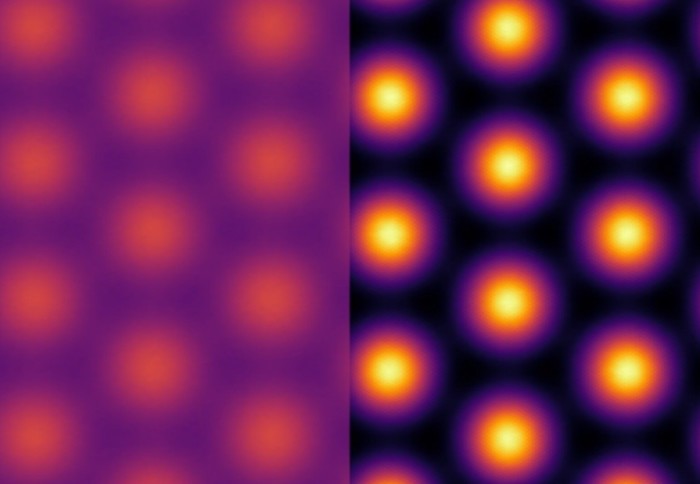Quantum Monte Carlo meets Machine Learning
by Derek Lee

The FermiNet project leverages the power of machine learning to tackle the problem of strongly correlated electronic materials.
The FermiNet project between Prof. Matthew Foulkes and DeepMind
Technologies Ltd. leverages the power of machine learning to tackle the
problem of strongly-correlated quantum systems. They are able to
simulate a range of physical phenomena that have tested the limits of
previous computational techniques, including Wigner crystallisation in
electron fluids (https://arxiv.org/abs/2202.05183; accepted for publication in Phys. Rev. Lett.), electrons in quantum dots, and positronium chemistry.
The project has been awarded approximately 300,000 GPU hours on the Baskerville supercomputer in Birmingham, costed at around £200,000, and an EU PRACE grant of 10M GPU hours on the gigantic JUWELS-Booster machine in Germany.+
Article text (excluding photos or graphics) © Imperial College London.
Photos and graphics subject to third party copyright used with permission or © Imperial College London.
Reporter
Derek Lee
Department of Physics